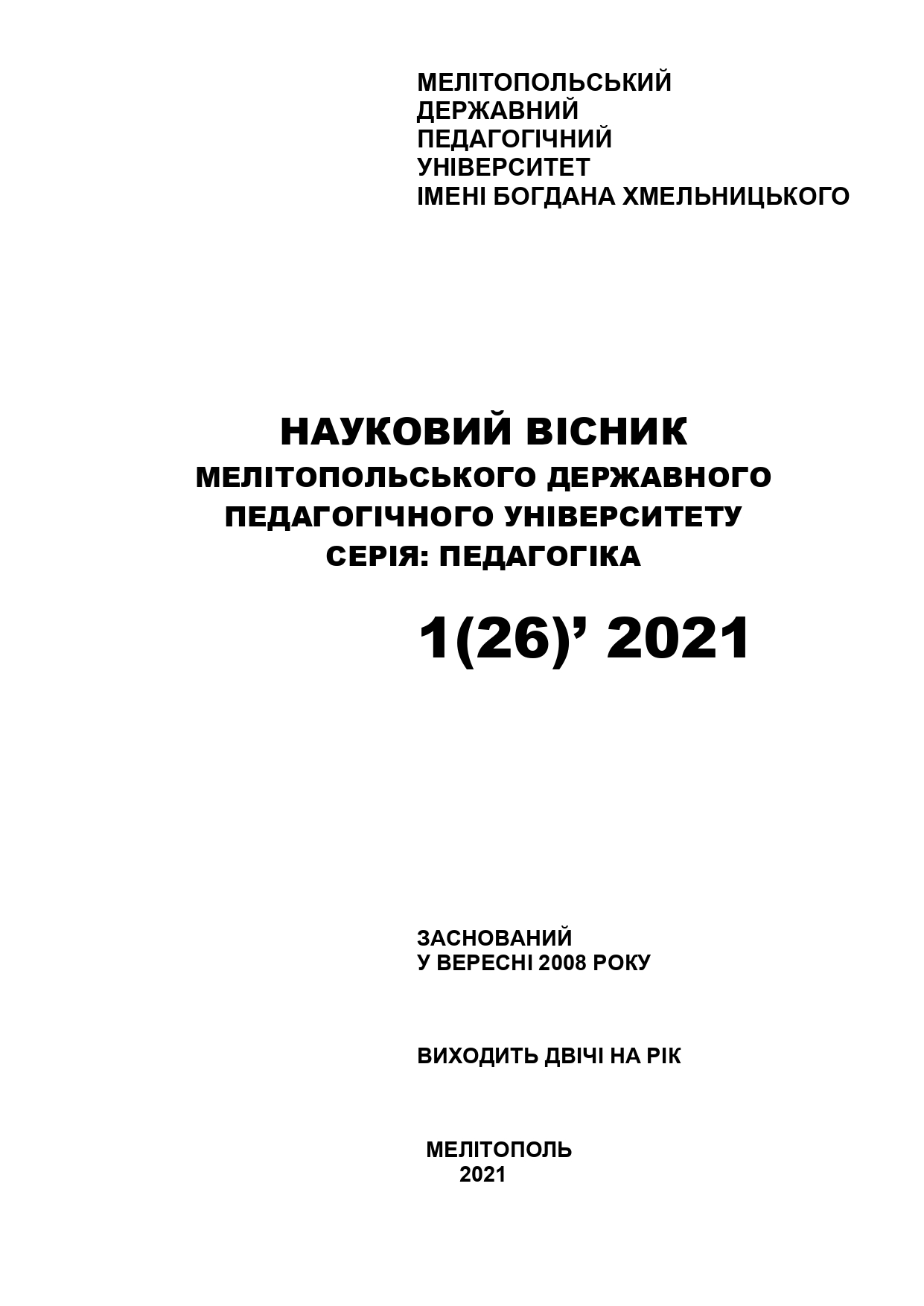Introduction of formative evaluation of students in the educational process of primary school
Abstract
The article says that for many years, school assessment has been a tool for ranking students. With the change in the concept of the modern school, new approaches to the assessment of academic achievement are being introduced – from now on, assessment should be used to analyze individual progress and plan the individual pace of learning of each young person. The essence of the concept, which is based on the provisions of child-centered pedagogy, is explained – it is “formative assessment”. Forms, techniques, methods of formative assessment and ways of their use in lessons in primary school are revealed. Emphasis is placed on important elements of formative evaluation – self-evaluation and mutual evaluation. The point is that formative assessment consists of components that make it an effective tool for the process of individualization and improving the quality of learning; active participation of students in the process of their own learning; informing them about the learning objectives and assessment criteria; use of self-assessment and mutual evaluation according to the developed criteria; providing feedback that allows students to monitor their progress and identify further learning tasks and ways to accomplish them. It is directly related to a new understanding of the educational process, in which the student, along with the teacher, becomes an active subject of learning and involves the abandonment of rigid reporting and the development of new assessment practices.




